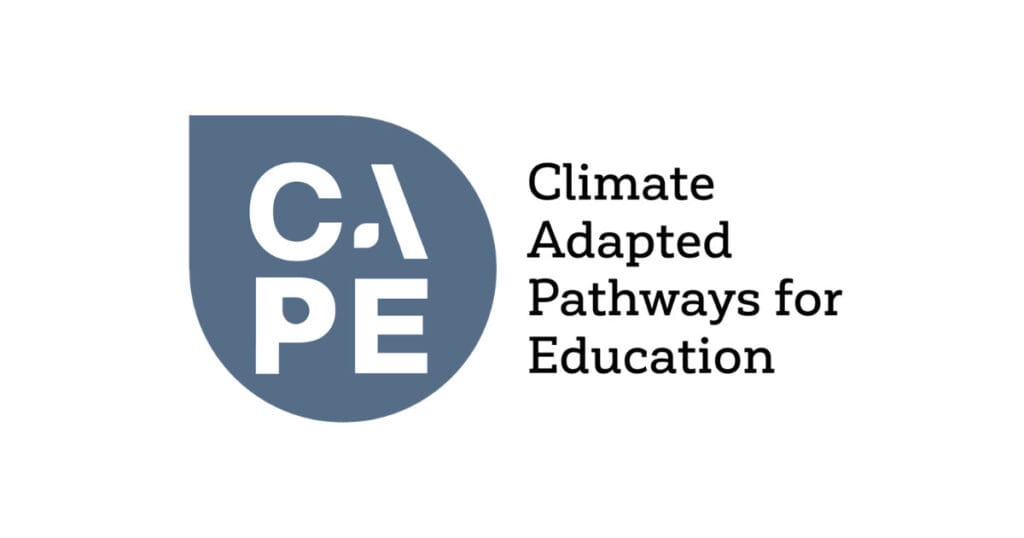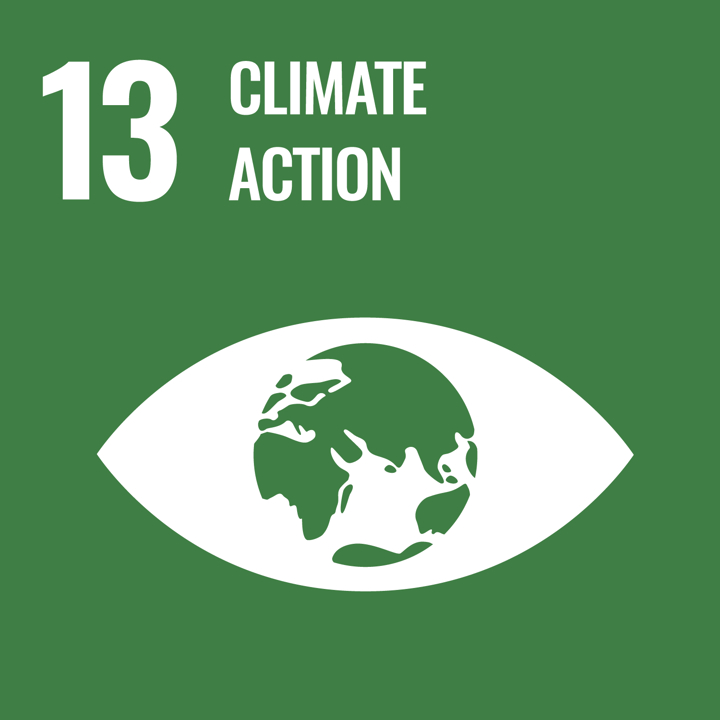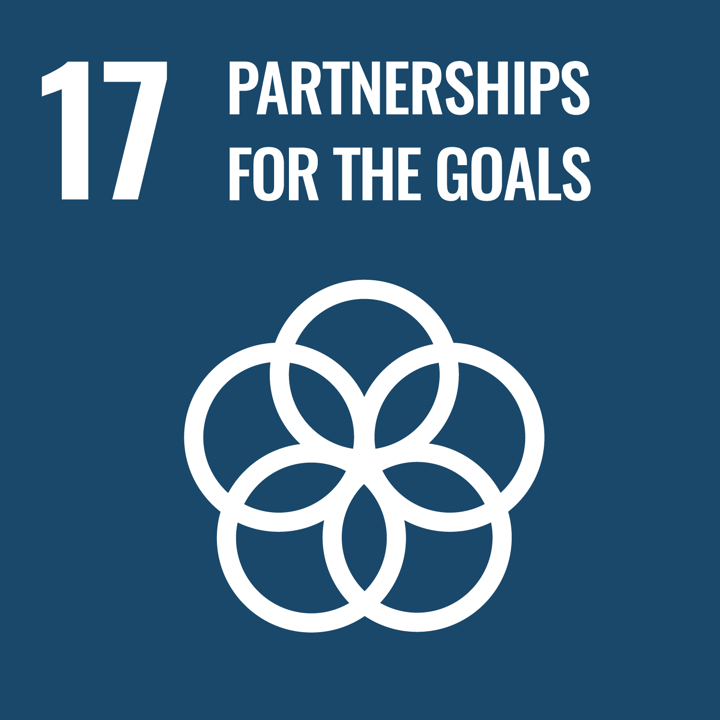
Zamýšlený koncový uživatel: Vedoucí školy
Věková skupina: Nižší stupeň základní školy; vyšší stupeň základní školy; nižší stupeň střední školy; vyšší stupeň střední školy
Školní osnovy: Vedení školy
Témata a náměty: Energy Use and Production; Behaviour & Lifestyle; Collective Action; Environmental Change; School Leadership
Doba trvání: Quick skim: 20–30 minutes
Thorough read (full content, moderate pace): 1.5–2 hours
Deeper dive (with notes/reflection for use in planning): 2–3 hours
Typ zdroje: Case Study, Guidelines & Notes
Klíčová slova: 1.Climate Justice, 2.Collective Action, 3.Whole-School Approach, 4.Teacher Agency, 5.Systems Thinking
Jazyky: Angličtina
Popis
Na stránkách CAPE Report 2024 is a guide that supports educators, school leaders, and teacher educators in embedding high-quality climate change education (CCE) across all school levels. Developed by the Climate Adapted Pathways for Education (CAPE) project, the report offers evidence-informed strategies to help schools implement whole-school approaches to sustainability. It emphasizes the importance of teacher agency, systems thinking, and interdisciplinary learning, while addressing the emotional dimensions of climate education such as eco-anxiety.
The report promotes collaboration with community partners and external experts to localise and enrich climate education efforts. School leadership plays a key role, with guidance provided on creating a shared vision, allocating resources, and supporting teacher professional development.
Designed to be practical and actionable, the CAPE Report includes case studies, frameworks, and reflective prompts that encourage schools to evaluate and evolve their climate education strategies. It’s particularly valuable for educators seeking to foster sustainability citizenship by empowering students to understand, navigate, and shape responses to environmental challenges.
Jak používat tento zdroj
The CAPE Report 2024 can be used as a strategic planning tool for embedding climate change education (CCE) across school communities. Start by reading the executive summary and key recommendations to get an overview of the report’s purpose and priorities.
School leaders can use the frameworks to guide whole-school planning and foster a shared vision for sustainability. They can explore the case studies and practical examples to inform lesson design, cross-curricular integration, and student-led action.
The report is useful for mapping existing curriculum and identifying opportunities to embed climate literacy, justice, and collective action in various subjects.
Zdroje
CAPE Report 2024 PDF:
Implementing Climate Change Education in Schools: Constructive Hope in Action (January 2024)
Výsledky učení (Vedení)
- používat řadu vhodných nástrojů a rámců k podpoře udržitelného občanství ve svých školách a komunitách.
- prozkoumají své vlastní národní/regionální osnovy, vzdělávací politiky, programy a externí zúčastněné strany, aby zjistili, jaké jsou možnosti podpory udržitelného občanství v jejich školách a komunitách.
- Společně syntetizovat znalosti, nástroje a rámce a vytvořit vizi pro vytvoření školního prostředí, které podporuje rozvoj udržitelného občanství ve své komunitě.
Zelené kompetence
- Ztělesnění udržitelných hodnot: Oceňování udržitelnosti; podpora spravedlnosti; podpora přírody
- Přijetí složitosti v oblasti udržitelnosti: Systémové myšlení; rámcování problémů
- Představy o udržitelné budoucnosti: Průzkumné myšlení
- Jednání pro udržitelnost: Kolektivní akce
Creative Commons

Hoath, L., & Dave, H. (2024). Implementing Climate Change Education in Schools: Constructive Hope in Action. Climate Adapted Pathways for Education and Leeds Trinity University.
The resource is available at the Climate Adapted Pathways for Education website..
Cíle udržitelného rozvoje




